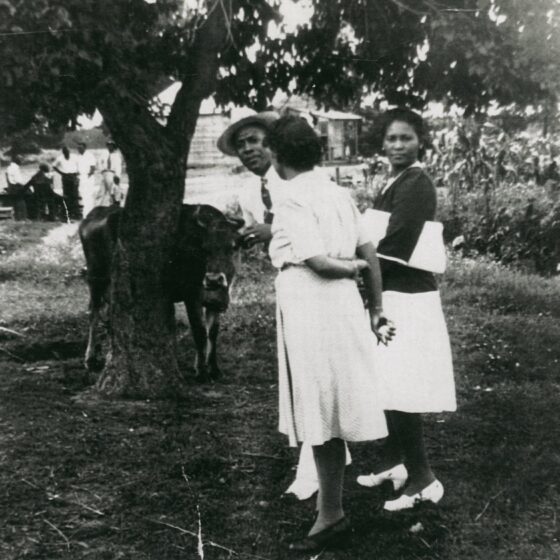Mr. Will and Tanglewood Park
In our latest “Call-a-Curator,” Reynolda’s Director of Archives and Library Bari Helms chronicles the story of “Tanglewood and Mr. Will.”
After R.J. Reynolds died in 1918, his younger brother Will took the helm of R.J. Reynolds Tobacco Company but soon turned his attention to his other interests including racing, raising horses, and philanthropy projects. Will left R.J.R. Tobacco shortly before a sit-down strike, led mostly by Black women, led to the formation of the Local 22 union that spent the 1940s fighting economic exploitation, racial segregation, and political disfranchisement. Will Reynolds made gifts and bequests to North Carolina universities and created a hospital for the Black citizens of Winston-Salem, but his philanthropy also helped maintain a system of racism and white supremacy. In 1951, he left his Tanglewood estate as a public park for “the white race.” Tanglewood remained segregated until years after the Civil Rights Act took effect in 1964. It would take a federal court case to finally force desegregation of the park in 1971.
Reynolda revealed video series
See all videosFrom the 1910s to the late 1950s, the segregated community of Five Row was home to Reynolda’s African American farm workers and their families.
A new type of Southern woman, Katharine Reynolds combined the traditional role of wife and mother with progressive practices on healthy living, education, and agricultural reform.

